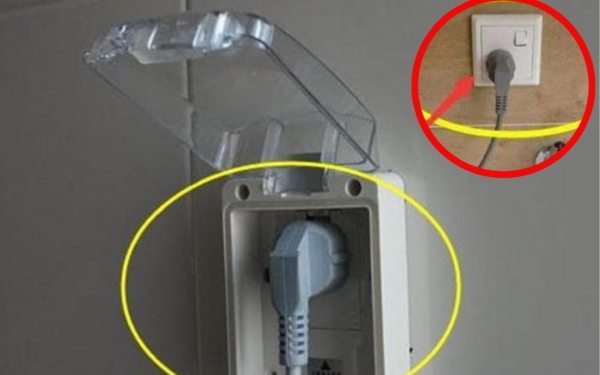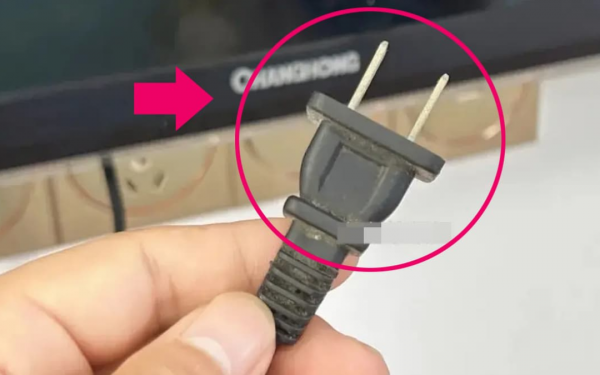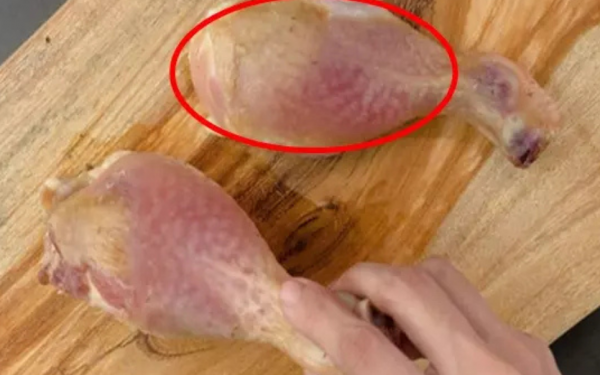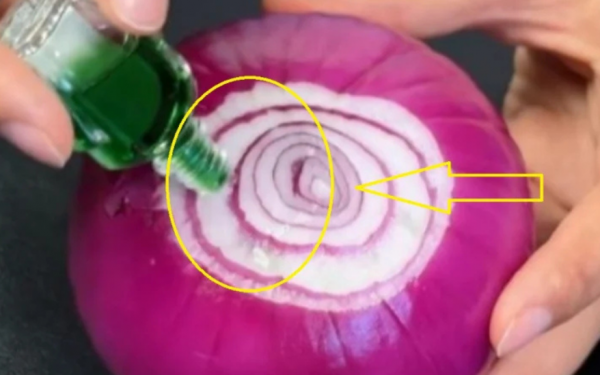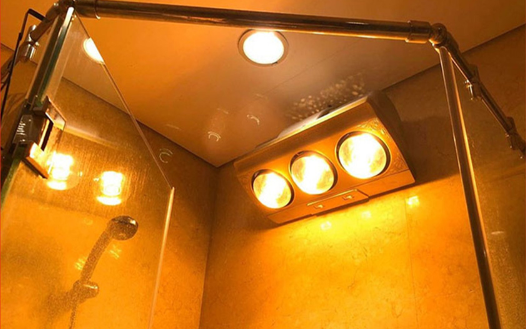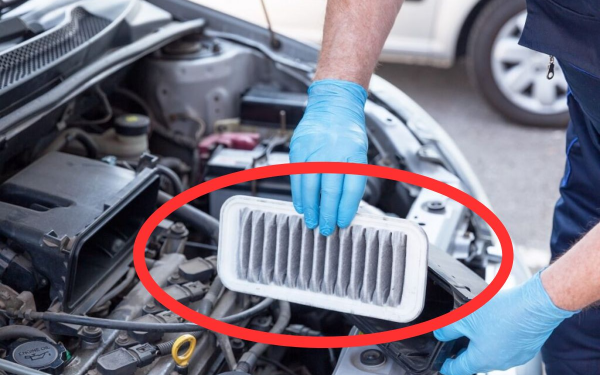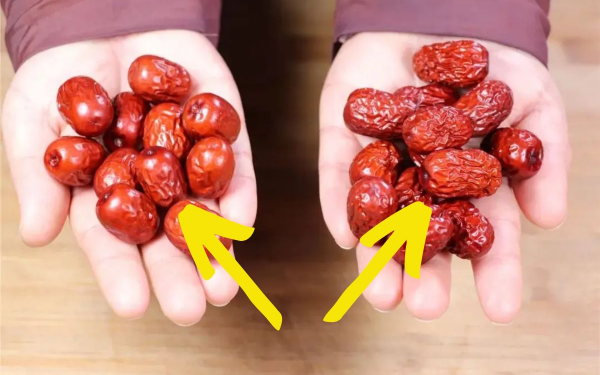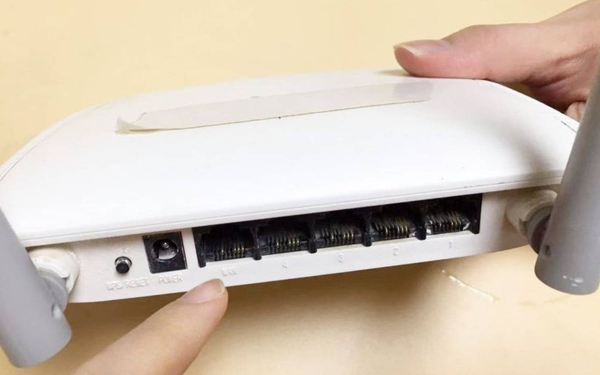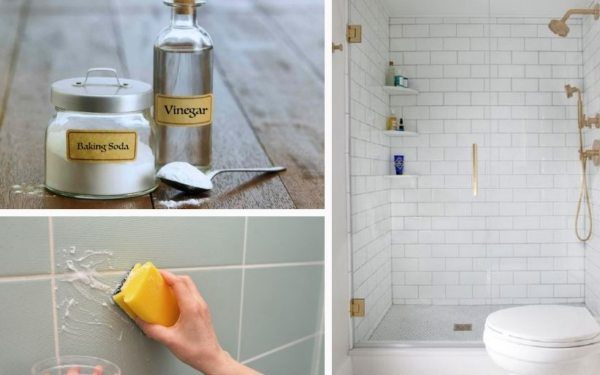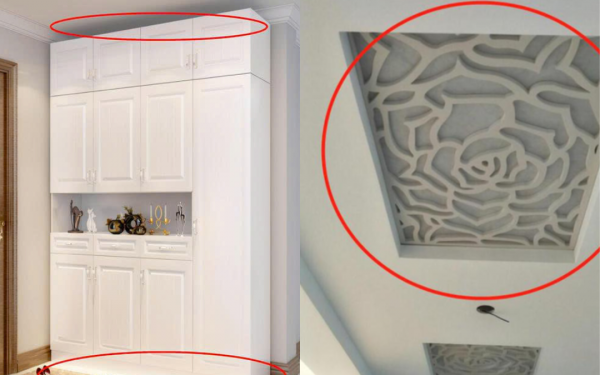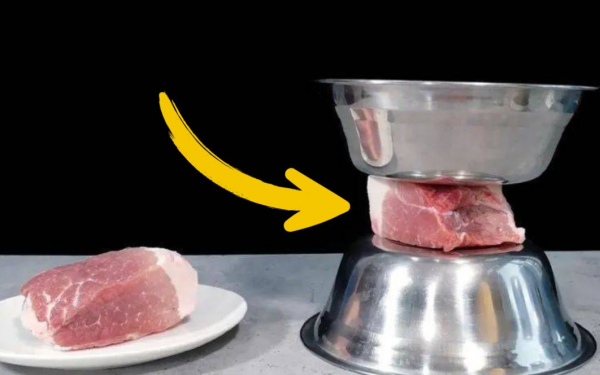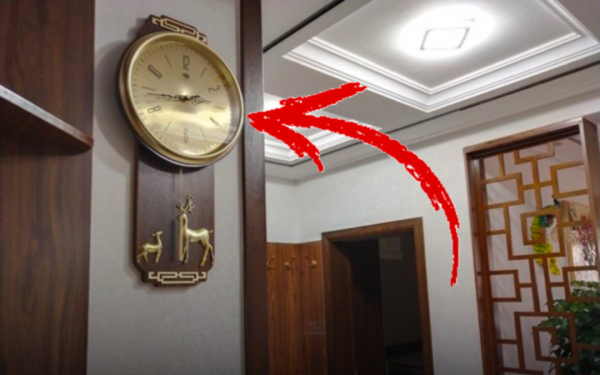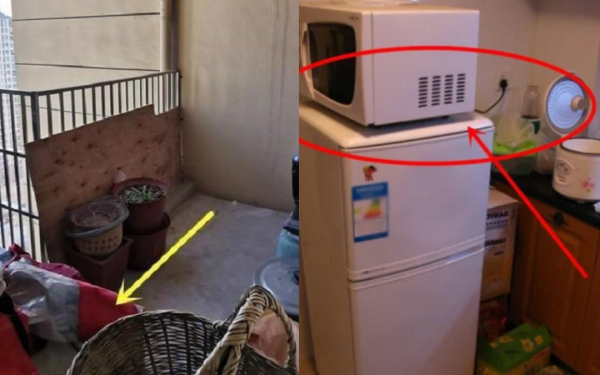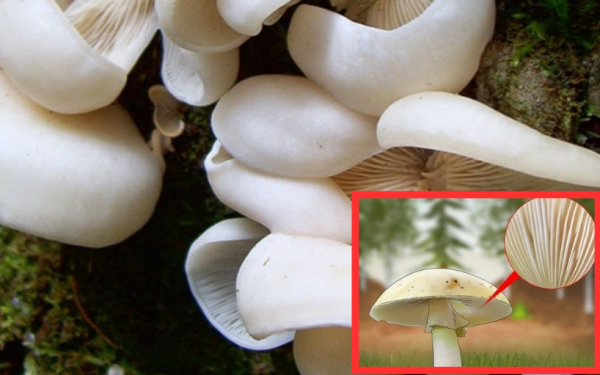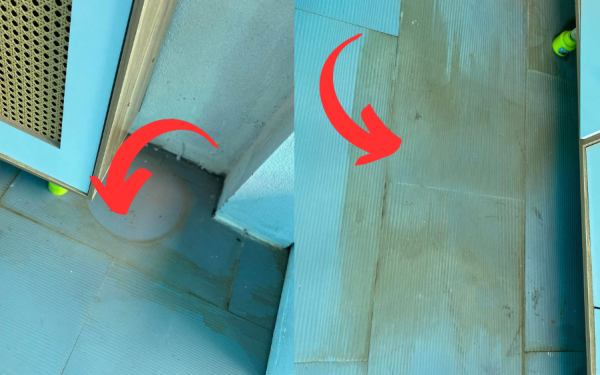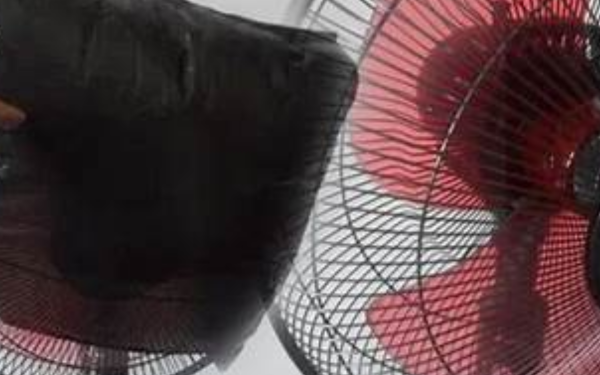How to remove dust mites and bed bugs from your mattress naturally
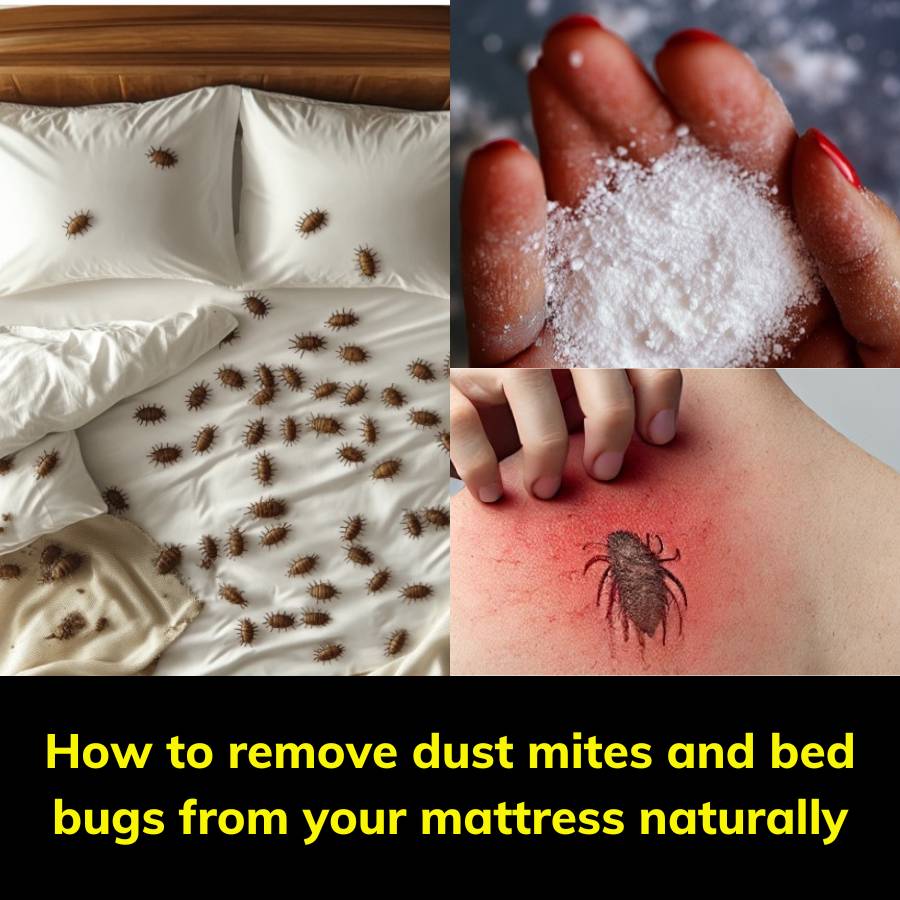
Dust Mites:
Dust mites are microscopic creatures that thrive in warm, humid environments. They feed on dead skin cells shed by humans and animals, making mattresses, pillows, and carpets ideal habitats. Though harmless to most people, their droppings can trigger allergies and asthma, causing symptoms like sneezing, itching, watery eyes, and difficulty breathing.Bedbugs:
Bedbugs are small, reddish-brown insects that feed on human and animal blood. They hide in cracks, crevices, and soft furnishings, including mattresses. Bedbug bites can cause red, itchy welts, and their presence often leads to anxiety and sleep disturbances.How Do They Get Into Your Mattress?
Dust Mites: Accumulation of dead skin cells on bedding and mattresses. High humidity levels in the room. Poor cleaning or infrequent washing of linens. Bedbugs: Hitchhiking on luggage, clothing, or used furniture. Traveling through cracks and walls from nearby infested areas. Poor inspection of secondhand items brought into the home.Natural Ways to Eliminate Dust Mites and Bedbugs
1. Baking Soda (Sodium Bicarbonate):
Baking Soda (Sodium Bicarbonate):
Baking soda is an excellent natural solution for tackling both dust mites and bedbugs, thanks to its dehydrating properties and antibacterial effects.
How It Works: Baking soda works by absorbing moisture, making the environment inhospitable for dust mites and bedbugs. The lack of moisture deprives these pests of the conditions they need to thrive. Additionally, baking soda helps neutralize odors from droppings and other organic matter, leaving your sleeping space fresher. Its fine texture also allows it to reach deep into cracks, crevices, and fabrics where pests often hide. Plus, baking soda has mild antibacterial properties, helping to prevent the growth of bacteria and fungi in your mattress or upholstery. For best results, sprinkle a generous amount of baking soda over your mattress, bedding, and upholstery, leave it to sit for several hours to absorb moisture and odors, then vacuum it up. This process can be repeated regularly to keep your environment clean and pest-free.
How It Works: Baking soda absorbs moisture, making it inhospitable for dust mites and bedbugs. It can also help neutralize odors from droppings. How to Use It: Sprinkle a generous amount of baking soda over the mattress and leave it for 2-3 hours. Use a vacuum cleaner with a HEPA filter to thoroughly remove the baking soda and dead mites. Repeat every 1-2 weeks for best results.2. Essential Oils:
Certain essential oils have natural insect-repellent properties that are effective against dust mites and bedbugs.
Recommended Oils: Tea tree oil, eucalyptus oil, lavender oil, and peppermint oil. How to Use: Mix 10-15 drops of your chosen essential oil with 1 cup of water in a spray bottle. Lightly mist the mattress, ensuring it does not become overly damp. Allow the mattress to air dry completely before making the bed.3. Steam Cleaning:
High temperatures can kill both dust mites and bedbugs, including their eggs.
How to Use: Use a handheld steam cleaner to treat the entire mattress, focusing on seams, edges, and crevices. Let the mattress dry completely before covering it with bedding. Additional Tips Wash Bedding: Use hot water (130°F/55°C) and dry on high heat to kill pests. Control Humidity: Use a dehumidifier to keep levels below 50%. Vacuum Often: Focus on mattresses and surrounding areas, and use mattress protectors for extra protection.Preventing Future Infestations
Use Mattress and Pillow Protectors: Invest in zippered, hypoallergenic covers to block pests from entering the mattress and pillows. Lower Humidity Levels: Keep indoor humidity below 50% using a dehumidifier to create an unfavorable environment for dust mites. Vacuum Frequently: Vacuum the mattress, bed frame, and surrounding areas regularly to remove dust, skin cells, and pests. Inspect Secondhand Items: Thoroughly inspect and clean used furniture, mattresses, and clothing before bringing them into your home. Declutter Your Room: Reduce clutter around your bed to minimize hiding spots for bedbugs.
